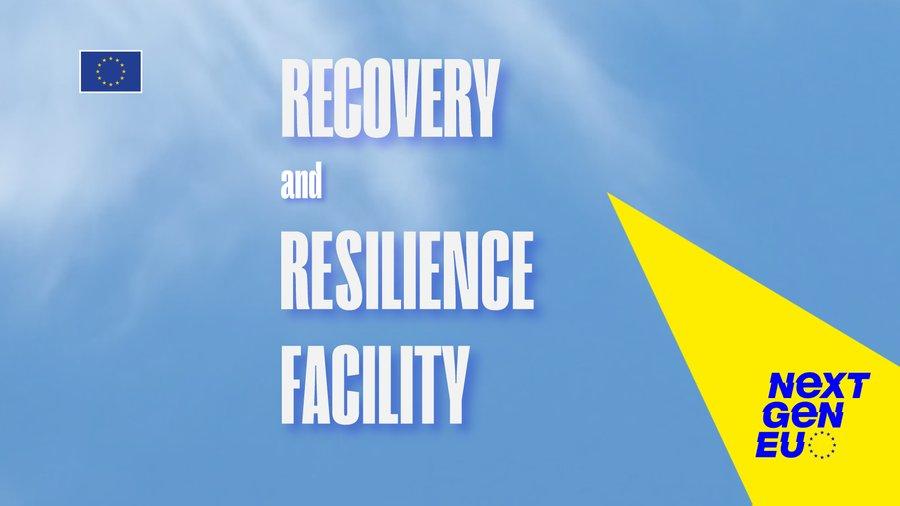
Ireland's revised plan contains a broad scope of green measures in areas including energy renovation for public buildings, the decarbonisation of enterprises, and the promotion of sustainable transport. The Irish revised plan continues to drive the country's digital transition. It includes measures to address the risk of the digital divide and to strengthen digital skills. The modified plan will also continue to help strengthen economic and social resilience of Ireland through support for employment by the means of upskilling and an increase in the supply of social and affordable housing, for example.
Ireland proposes to remove two investments and change five investments. Ireland's request is based on the need to factor in the downward revision of its maximum Recovery and Resilience Facility grant allocation, from €989 million to €914 million. The revision is part of the June 2022 update to the RRF grants allocation key and reflects Ireland's comparatively better economic outcome in 2020 and 2021 than initially expected. Ireland's request to modify its plan is also based on objective circumstances, for example to reflect the delays caused by inflation of prices for construction materials in 2022 due to supply chain disruptions caused by the Russian aggression against Ukraine, to reflect the identification of manifestly better alternatives and the stronger than anticipated post-pandemic recovery of the labour market.
Ireland's overall recovery and resilience plan will be financed by €914 million in grants. Ireland presented a first payment request in September 2023 of €323.8 million, which the Commission is in the process of assessing.
The Council will now have, as a rule, four weeks to adopt the Commission's proposal approving the revised plan.
More information
Details
- Publication date
- 23 November 2023
- Author
- Representation in Ireland
